
Governor Gavin Newsom held a press conference on Oct. 16 at Cedars-Sinai Medical Center in Los Angeles to announce CalRx insulin. (Courtesy of the Governor's Press Office)
California is launching a first-of-its-kind state-issued insulin that will keep prices low for consumers, capping the average cost at $11 per pen. There are around 3.5 million adults with diagnosed diabetes in the state.
Governor Gavin Newsom announced the CalRx insulin initiative during a press conference on Oct. 16 at Cedars-Sinai Medical Center in Los Angeles. Starting on Jan. 1, 2026, packs of five insulin pens costing no more than $55 per pack will be on the market. California is the first state to contract its own insulin production and has been working on this for about three years.
“It has been a long road to get here,” said Newsom at the conference. He went on, “it's a process that will continue to unfold over the next few years as we … continue our effort to expand the portfolio of opportunities under this CalRx brand.”
The agreement between Civica Rx, a nonprofit generic drug manufacturer; Biocon Biologics, the world's fourth-largest insulin producer; and the state, will allow Californians access to the interchangeable biosimilar insulin glargine pen, which they can purchase at pharmacies for the below-market price. The state put $50 million worth of seed money into the initiative, according to Newsom.

The CalRx insulin glargine pens will be offered at $55 per five-pack. (Courtesy of the Governor's Press Office)
Insulin glargine is a long-acting insulin used to treat type 1 and type 2 diabetes. Individuals take a daily dose of the insulin, which controls their blood sugar levels over 24 hours. The biosimilar aspect of the pen simply means it's a generic, similar version of the biological drug.
The CalRx pens are designed to be interchangeable with Lantus, a brand name for insulin glargine. The product will be sold to California pharmacies for $45 with a suggested retail price of $55 per five-pack of 3 mL pens. This is the lowest list price available for insulin glargine.
"We are grateful for the support of the state of California for our effort to bring affordable insulin to all Americans," said president and CEO of Civica Ned McCoy in a prepared statement. He added, "the state shares our vision to ensure a sustainable, quality supply of affordable, essential medicines for people who need them."
Around 7.7 million Americans rely on insulin to live, but one in six report they ration it to pay for other life essentials including rent and food, according to the American Diabetes Association (ADA).
In 2024, Hispanic/Latino adults were diagnosed with diabetes at a rate that was 13% higher than the total adult population, according to the National Center for Health Statistics. Data from the ADA shows about 11.7% of Hispanic adults have diagnosed diabetes. The percentage of Hispanics/Latinos living undiagnosed, however, is expected to be much higher.
The insulin initiative is part of a broader health care strategy Newsom launched as soon as he stepped into office in 2019. The first executive order the governor signed was designed to lower prescription drug costs and ensure transparency.
In May 2024, the first CalRx project, CalRx Naloxone, hit the market. The initiative allows naloxone, a life-saving opioid overdose reversal drug, to be sold over-the-counter for $22.50 per pack.
Next up on the docket for CalRx is the School Albuterol Access Initiative, which will supply albuterol inhalers to TK-12 schools beginning next spring. Further down the line, the CalRx team is looking at adding vaccines and GLP-1s (typically used to treat Type 2 diabetes and obesity) to the brand portfolio, according to Elizabeth Landsberg, director of the Department of Health Care Access and Information.
Newsom also recently signed multiple pieces of legislation aimed at making health care more affordable.
Senate Bill 40, authored by Sen. Scott Wiener (D-San Francisco), will limit cost-sharing for insulin to $35 for a 30-day supply.
SB 41, also authored by Wiener, will reform the practices of pharmacy benefit managers (PBMs), which act as a third-party between health insurers, drug manufacturers and pharmacies. The bill will prohibit spread pricing, a model that results in a PBM profiting from charging a health plan (including Medicaid) more than the amount the PBM reimburses a pharmacy for a drug.
This model leads to increased prices for consumers and lack of transparency in the supply chain, according to the National Community Pharmacists Association.
When looking at how to address rising health care costs, state leaders realized there was more to do than simply subsidizing or spreading costs, said the governor.
“We’re the largest health care system in the United States of America. We’re the largest purchaser in this country,” said Newsom. He continued, “why aren't we taking these market-centered values, free-enterprise, using our purchasing power and acting more like a damn business?”

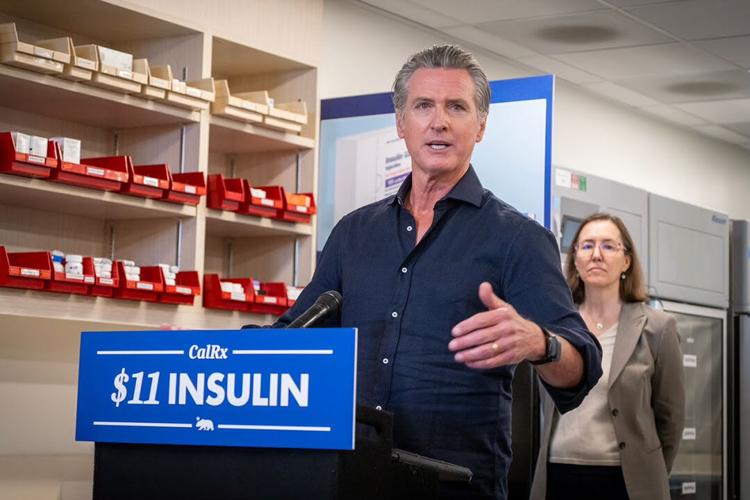
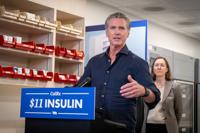
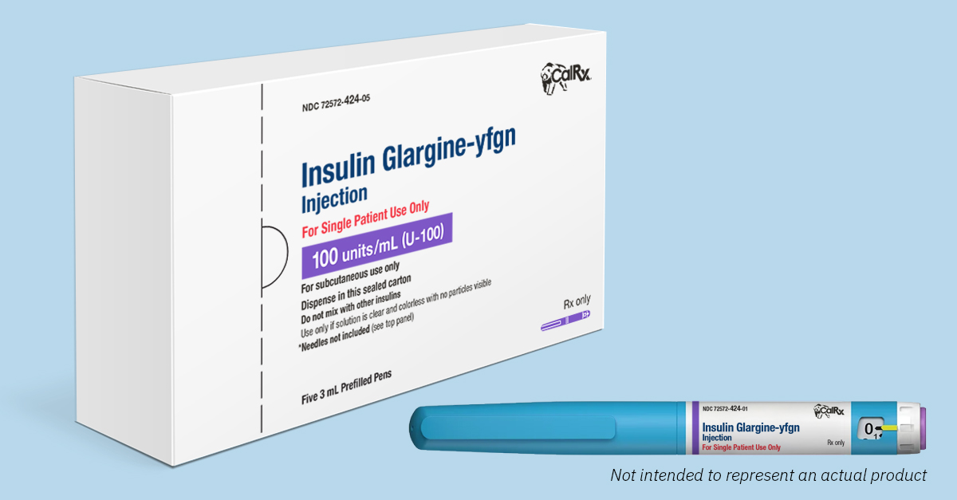
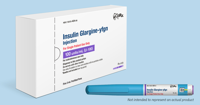



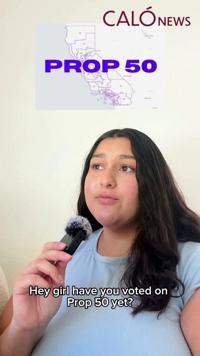
(0) comments
Welcome to the discussion.
Log In
Keep it Clean. Please avoid obscene, vulgar, lewd, racist or sexually-oriented language.
PLEASE TURN OFF YOUR CAPS LOCK.
Don't Threaten. Threats of harming another person will not be tolerated.
Be Truthful. Don't knowingly lie about anyone or anything.
Be Nice. No racism, sexism or any sort of -ism that is degrading to another person.
Be Proactive. Use the 'Report' link on each comment to let us know of abusive posts.
Share with Us. We'd love to hear eyewitness accounts, the history behind an article.